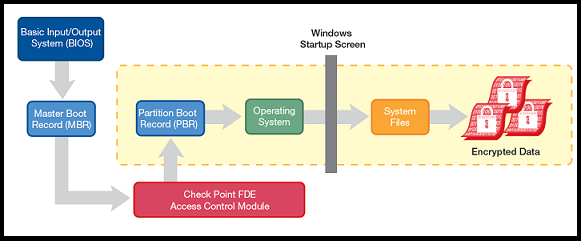

To learn more, visit ASU's Get Protected website. Encryption plays a key role in keeping information safe by ensuring that it can't be obtained through theft or eavesdropping.Īdditionally, encryption is one of the 'Top 5 Critical Security Initiatives' at Arizona State University. Federal laws, state statutes, and industry standards apply civil penalties for failure to protect sensitive information adequately. Many ASU personnel routinely handle sensitive information including Personally Identifiable Information (PII), student records, health records, financial records, and research data. In order to be compliant with ASU policy, faculty and staff are required by the university to implement encryption and other standard security measures on all devices accessing the ASU network.

Most often, those encrypted files can be seen in a file listing (such as in file explorer), but they can not be accessed for reading by unauthorized persons. Encrypting stored files prevents others from reading, copying, or deleting encrypted files. Encrypted files are usally stored locally and are encrypted and temporarily decrypted while being used and than encrypted again after the user is finished using them. File Encryption means providing security for files that reside on media, in a stored state, such as a hard drives, usb drive, SD Card, or any other type of digital storage medium.Basically, should your computer be lost or stolen, full-disk encryption will protect and secure any sensitive data, and keep any unauthorized persons from gaining access to it. It ensures that if your computer or device is stolen, all data on its disk will be unavailable to the thief.
Disk aid encryption software#
Endpoint encryption software is special software that makes all data on the system inaccessible without a key.You can also remotely lock or wipe data on the endpoint before the operating system or any other sensitive data is accessed.
Disk aid encryption full#
Full Disk Encryption is network-aware and updates policies before allowing authentication.

Trend Micro PolicyServer controls policies affecting Full Disk Encryption, ensuring complete endpoint security centrally managed across the Enterprise. While hardware-based encryption is simpler to deploy on new hardware, easier to maintain, and offers a higher level of performance, software-based encryption does not require any hardware and is cheaper to deploy to existing endpoints. Seagate DriveTrust™, OPAL, OPAL2, and SanDisk™ self-encrypting solid-state drives are supported.

Administrators can choose either 128-bit or 256-bit key size depending on the need for encryption strength or performance in their environment.įull Disk Encryption allows for the flexibility to use either software-based encrypted hard drives or hardware-based encrypted hard drives as needed. Full Disk Encryption prevents data loss by encrypting the whole drive, including operating system, program, temporary, and end user files. The Full Disk Encryption agent uses FIPS-compliant XTS-AES encryption algorithms and mandatory authentication to make data inaccessible without authentication. Until the user is validated, strong preboot authentication restricts access to the vulnerable host operating system. Full Disk Encryption secures not only the data files, but also all applications, registry settings, temporary files, swap files, print spoolers, and deleted files. Full Disk Encryption provides comprehensive endpoint data security using mandatory strong authentication and full disk encryption.


 0 kommentar(er)
0 kommentar(er)
